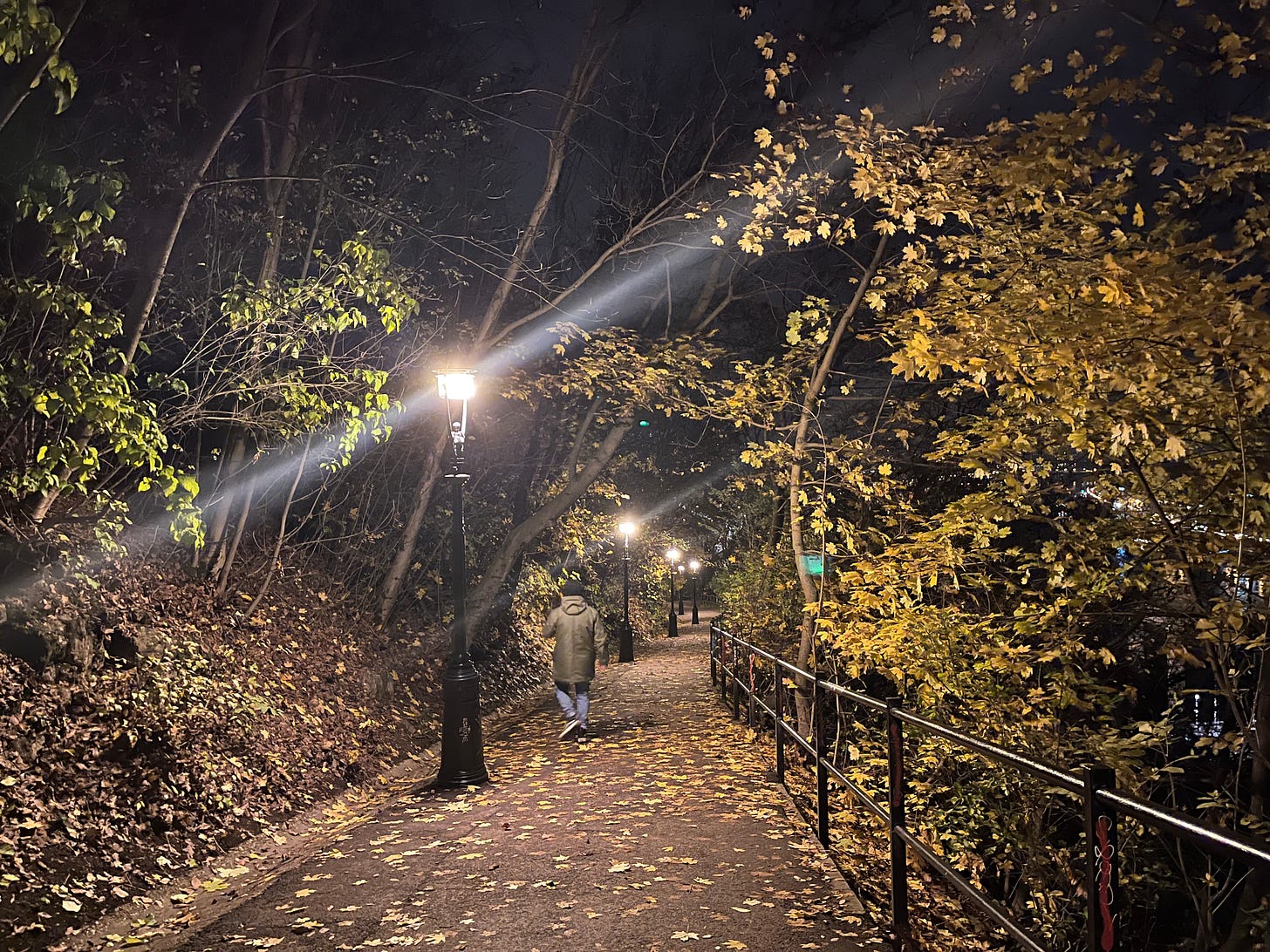Firstly, thank you so much for subscribing or stopping by to read this post. It means the world to me that you are interested in reading my rambles. I hope reading them gives you a little of the opportunity for pause and reflection amidst the noise of the everydays that writing them gave me. If you enjoy them, please consider recommending them to others.
Much love,
Zsofi
When I open my mouth to speak in Hungary, I pass for a native Hungarian. This is mostly due to the hard work of my parents, who made sure Hungarian was spoken at home when I was growing up in Aotearoa and then took my brother and me and eight ginormous suitcases to Hungary in the late 90s, partly so we could have a year of schooling here. It’s of course also due to the fact that I am white and inherited a bone structure that inspires some New Zealanders to say “oh yeah, you do look kind of Eastern European” when I explain the origins of my first name (I’m unclear what this means exactly but I think it might mean either well-defined or large nose, depending on how much the speaker likes me).
The level of Hungarian I speak is a great source of satisfaction to me. When I meet new people in Hungary, it feels like I have a fun secret backstory, almost like being a spy – until the conversation arrives at a point which requires me to reveal that contrary to appearances I did not, in fact, grow up here. This point will sometimes arrive when answering a question (what do you do, where did you study) but, more often than not, it’ll be a cultural reference that trips me up and betrays a sense of ignorance that makes me feel less like an adroit secret agent and more like a mix between a human-passing alien and pre-pubescent teen hanging out with a bunch of older kids, pretending to know a lot more about life than she actually does.
I don’t mean cultural reference in the nationalistic sense of the word. My childhood in Aotearoa was, in large part, defined by participating in Hungarian folk dance groups, eating Hungarian meals at home, and listening to Hungarian music at family events. I received a lot of Hungarian “culture” growing up, much of it transported 18,000 kilometres from Hungary to Aoterora by my grandparents in the 1950s and handed down a generation before it reached me, much of it seemingly irrelevant to and considered outdated by my Hungarian peers. That culture will always and stubbornly form part of who am I – sometimes uncomfortably so, given the extent to which elements of it have been co-opted and weaponised by right wing politics in recent years.
The cultural references that blow my cover as a native Hungarian are more subtle. They are the discussions about what everyone’s favourite Bud Spencer movie is – an actor famous for spaghetti westerns in the 60s and 70s, unknown to me but so big in parts of Europe he formed an integral part of many Hungarian millennials’ childhoods even decades later. They are the casual jokes about public figures that fly over my head as they are received with raucous laughter by those around me. They are the throw-away allusions to historical facts about Hungary’s 1000-year past that are considered obvious to my contemporaries who spent 12 years of school cramming them, and remain mostly opaque to me.
Happily, revealing to a new acquaintance that I am a native-passing half-Hungarian who grew up in the land of Lord of the Rings is, without exception, met with kindness and admiration. The sense of betrayal – that I was pretending to be like them, armed with the same tools and opportunities they’ve been given in life, when in fact I’m a native English speaker who has a highly-prized passport to a faraway land tucked away in a drawer – is barely perceptible.


Brava!